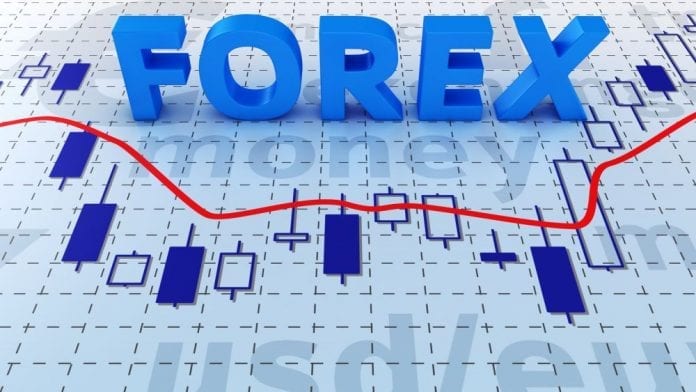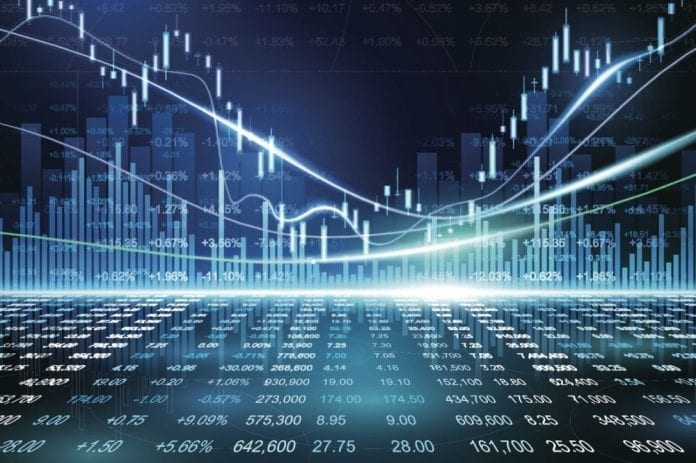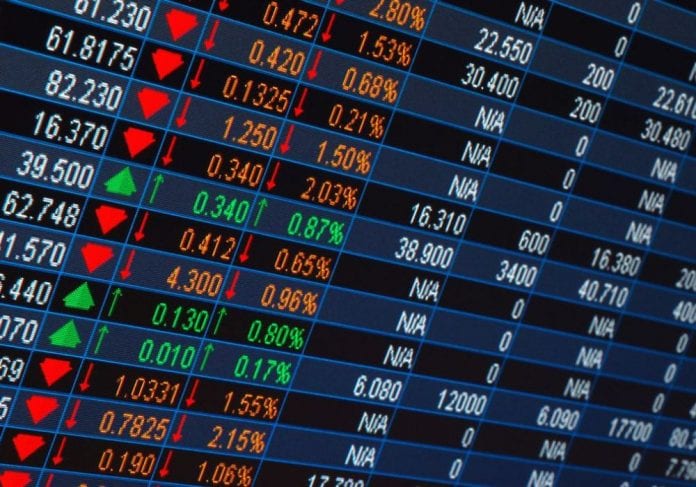The foreign exchange or the currency market is the world’s largest and most vibrant financial market. Participants from the world over execute trillions worth of currency transactions on a daily basis at market-driven exchange rates, which are impacted by events taking place in every nook and corner of the world. As the forex marketplaces around the globe are interlinked, the changes in exchange rates affect the values of currencies. The aim of this post is to provide some information about a few of the global events that have a significant impact on the forex market.
Impact Due to Political Events
An election is a common event in every country. However, they tend to impact a country’s currency price in a big way. This is because an election is viewed differently by traders. It has the potential to create instability and uncertainty. Typically, they translate into volatility in the price of the concerned country’s currency. Forex market participants, therefore, closely track pre-election polls in order to get an idea of the outcome. They would want to know whether there will be a leadership change and whether the change would foster stability or instability. This is because a change in leadership often points towards a change in ideology. This means that the approach to the fiscal or monetary policy will also be different. This impacts the currency’s value.

In addition, political parties and individuals that are believed to act more fiscally responsible or promote economic growth contribute towards boosting the relative value of the currency. For example, if the incumbent leader who is believed to be “pro-economy” is likely to lose his/her position of power, the currency price might drop on fears of limited predictability and economic growth in the future.
Unexpected elections can also impact currency prices. Irrespective of whether the cause of the election is corruption scandals or non-confidence vote, among other reasons, unplanned elections often wreak havoc. For instance, upheavals that result in widespread protests and/or work stoppages create great levels of uncertainty and increased political instability in countries. Even if an autocratic government is being brought down and replaced with a new democratic government that is economically more open-minded, forex traders do not appreciate uncertainty. This is because political instability tends to outweigh the positive outcomes that the new government brings about in the shorter-term. Related currencies often suffer losses.
However, the principals and basic valuation factors do apply and currency price settles down at around the rate that represents the economic growth prospects of the country over the longer term.

Impact Due to Natural Disasters
Natural disasters often bring about a catastrophic effect on countries. Earthquakes, tornados, floods, and hurricanes cause harm not only to the citizens of a country but also to their morale and public infrastructure. In addition, the value of the country’s currency will be negatively impacted. Loss of lives and damages caused to major distribution centers and factories weigh down the currency. The uncertainty that is part of all natural disasters also impacts the currency’s value.
Damages caused to the infrastructure by the natural disaster are actually a matter of serious concern for any country. This can be attributed to the fact that the infrastructure of the country is its backbone. The economic output of the country will be impacted if its infrastructure is damaged. Moreover, additional costs will have to be incurred to clear debris and rebuild. Instead of spending money on economically beneficial projects, government and private sector will be forced to put back the infrastructure back in place. This is to say that development work will have to be stalled for some time after a disaster.
In addition, there will be a decline in consumer spending because of the economic uncertainty and loss of confidence among consumers. The economic strength of the country might turn into its weaknesses. A natural disaster, therefore, negatively impacts the price of a nation’s currency.
Impact Due to War
In a currency war, countries make an attempt to bring down the value of their currencies to improve exports. However, a political war can bring in far-reaching negative effects to an economy. As in the case of a natural disaster, war creates a brutal and widespread impact. War also causes damages to the infrastructure, impacting the short-term economic viability of the country. War costs governments and citizens billions of dollars.

Historically, rebuilding efforts after a war is often financed through the cheap capital. This leads to a lowering of interest rates and this, in turn, reduces the value of the domestic currency. Uncertainty related to the economic expectation in the future that creeps in during the times of conflict affects the health of the warring nations. As such, nations at war often experience heightened levels of currency price volatility than those countries that are at peace.
However, some economists are of the belief that there is an upside to a war. According to them, a war is helpful as a country has to focus more on its manufacturing base and concentrate on war-time production requirements. For example, the entry of the U.S. into World War II, following attacks on Pearl Harbor, enabled the country to come out of the Great Depression that it was going through. Though there is historical precedence, most people would not subscribe to the idea of creating a stronger economy by sacrificing human lives.
Summarizing, natural disasters, political turmoil, and wars are a few of the key events that have a significant effect on the forex markets. The value of a currency is actually derived from its economic strength and the uncertainty related to its future economic outlook will always work against the nation’s currency. It is not an easy task to always remain in a state of preparedness as unexpected events can hit any time significantly impact the currency market. However, an informed forex trader can make use of the global events as primary indicators within the comprehensive trading strategies employed by them.









